The Secret To Effective Communication in Remote Working Teams
The current pandemic has caused a dramatic shift in the way organisations structure their day-to-day operations, with remote working becoming the new norm. To successfully manage teams that are physically (or geographically) dispersed and have minimal face-to-face interaction, organisations must commit to resolving the pain points that remote working teams face in terms of communicating effectively.
What is it about remote teams that warrants a reestablishing of new communication norms in an organisation? Is there something inherently missing from our digital forms of communication (i.e. texts, emails, video calls) even though we are now accustomed to the digital age?
Despite the convenience of doing away with commuting to work, remote teams face the difficulty of communicating effectively over a virtual platform. If corporate team-building when teams were in one physical location was tough, corporate team-building for teams working remotely would verge on impossible.
If you want your remote teams to perform at the highest levels, you will have to bring your communication skills as a team up a notch. Here's how you do it:
Speak plainly and purposefully
There's a tendency to be "efficient" in our conversations where we just want to get straight to the point (i.e. what needs to be done) and might do so in very few words. They think that "less is more". Perhaps that can be true in other scenarios, but not in this case. If you try to take a shortcut in communicating your point, it always leaves room for miscommunication and misunderstanding.
Make an effort to speak plainly, that is to use words that everyone will understand, instead of assuming that others will pick up on your subtle hints and cues. Use the time wisely to speak purposefully, that is to communicate the why behind what needs to get done so that it establishes a common understanding across the team.
Never be a “spammer”
Following up with your team is one thing. But being that person who follows up on every task at multiple junctures before it's even due can certainly rub people the wrong way. And if you know the sort of people who use all means of digital communication available to follow up with someone, that probably didn't sit very well with you.
For any team who has a "spammer" inside, it is almost guaranteed that their morale and performance would take a hit. But for remote teams who have someone spamming colleagues across all digital platforms, not only is that borderline abuse, that toxic communication trait is bound to cause people to think twice if they want to continue working in such an environment.
Create new norms in communication
Remote teams need to rethink how they can establish a new way of communicating that makes sense for them. Merck, for instance, established acronyms in its digital communication platforms to standardise its approach to communicating virtually. Every team can also have different norms unique to them. Some might prefer Dropbox, and others might lean towards Google Suite. As long as you make it work for your remote team, that's what matters.
A good practice for remote teams is to get a pulse on the pet peeves (or preferences) of their team members when it comes to virtual communication. This helps in establishing relationships and helps them get to know each other and their working style on a deeper level than before.
Final Thoughts
Teams have adapted through the different landscapes of work, and the same applies today. Do not sacrifice team development in your remote teams by turning a blind eye to the toxic (or passive) ways in which your remote teams communicate. Utilise the tips above to create effective communication channels across your digital platforms for your remote teams!
Written by Rachel Chai
Connectedness • Empathy • Strategic • Belief • Context
Rachel is a Strengths School™ Certified Strengths Trainer and the Content Lead at Strengths School™. Being deeply introspective, she believes in helping others draw connections between how their unique strengths play out in their lives.



